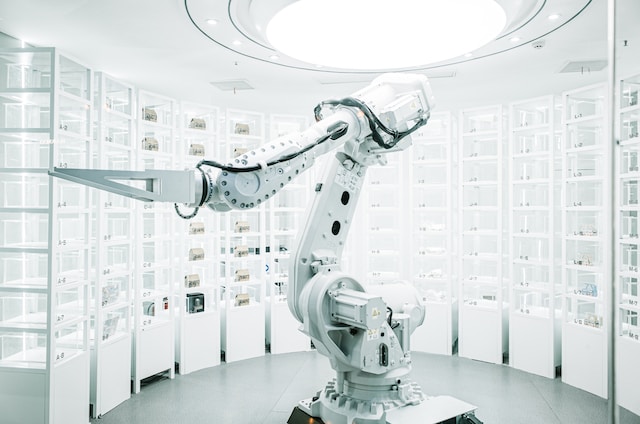Artificial Intelligence (AI) is no longer just a fantasy idea from science fiction. With the advancement of computing technology, the advent of deep learning and machine learning, AI has become a reality that is changing our perception of many areas of life. In this reality, intelligent agents are an outstanding step forward in human-machine interaction. They are autonomous programs capable of analyzing the world around them, making decisions, and interacting with the environment at a level comparable to human intelligence.
The concept of Intelligent Agents:
Intelligent agents are programs or systems designed to perform specific tasks in a variety of fields, including education, healthcare, finance, manufacturing, and others. They have the ability to analyze data, extract information, learn from experience, and make decisions based on logic and knowledge.
Key Characteristics of Intelligent Agents:
- Ability for Autonomy: Intelligent Agents are able to act autonomously, which allows them to make decisions and act in real time without constant supervision.
- Learning and Adaptation: They learn from data and experience, are able to adapt to changing environments and improve their skills over time.
- User Interaction: Intelligent agents can communicate with users in natural languages, understand their queries and provide relevant answers.
- Decision Making: They are able to analyze information, assess opportunities and risks, make decisions and take actions according to the tasks at hand.
Application of Intelligent Agents:
- Healthcare: Intelligent Agents help doctors to analyze medical data, provide diagnoses and treatment recommendations.
- Finance and Trading: They are used to predict market trends, optimize investments and automate trading operations.
- Transportation and Logistics: Intelligent agents can drive autonomous vehicles, optimize routes and improve the efficiency of logistics processes.
- Education: They create customized learning plans, analyze academic performance, and provide personalized assistance to students.
Intelligent Agents and Ethical Aspects:
With the development of intelligent agents, important ethical and safety issues arise:
- Transparency: How can we ensure that intelligent agents’ decision-making processes are understood and controlled?
- Responsibility: Who is responsible for the agents’ actions and the possible negative consequences of their decisions?
- Privacy and Security: How to guarantee the privacy of the data that intelligent agents work with?
The Future of Intelligent Agents:
With the advancement of machine learning and artificial intelligence technologies, the future of intelligent agents promises to be exciting:
- Improved Learning: Intelligent agents will become more and more capable of learning and adapting based on machine learning and artificial intelligence.
to learn and adapt based on new data.
- Multi-Agent Systems: Systems of multiple intelligent agents will be able to collaborate and cooperate to solve complex problems.
- Human Collaboration: Intelligent agents will work alongside humans to complement their skills and improve performance.
Conclusion:
Intelligent agents represent an important direction in the development of artificial intelligence. They transfer human intelligence to machines, which creates new opportunities to automate and optimize various fields of activity. However, the development of intelligent agents also introduces challenges and ethical issues that require societal attention and discussion. In the future, we can expect further improvements in these technologies and their increasing adoption in everyday life.



